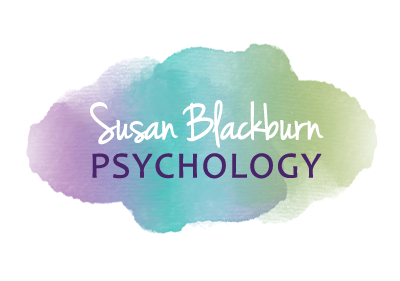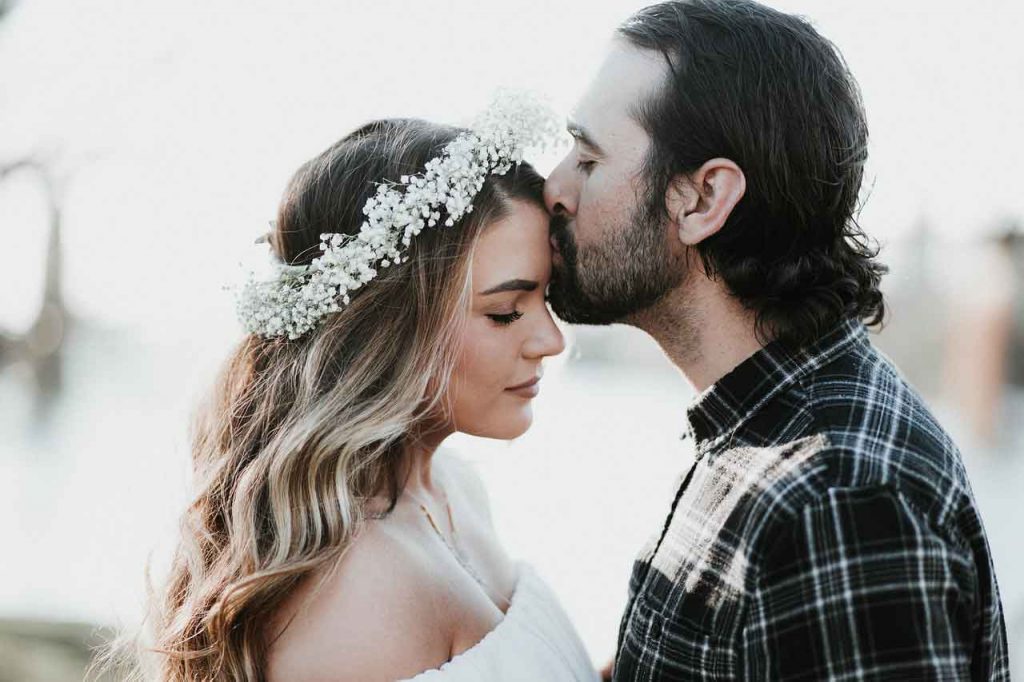It’s too easy to look at your partner as the problem when your relationship isn’t going smoothly.
You can’t change your partner, but you can always change yourself. One of the biggest changes you can make is choosing to make your love unconditional. The beauty of this is that unconditional love will always have a powerful influence on your partner.
Let’s say that your partner hasn’t been honest with you. You might feel that you can’t trust your partner because of this. Instead of focusing on your partner, you want to consider your own role in this dynamic. This is not to place blame but to empower yourself to effect change.
If your partner has been dishonest, is it possible there are some areas you feel uncomfortable discussing? You are probably very easy to talk to when the topic of conversation doesn’t upset you. How open are you to a calm discussion when you’re feeling betrayed? Are you able to see your partner at these times with eyes of love?
By eyes of love, I am referring to responding with unconditional love. Unconditional love is being kind and compassionate regardless of what your partner does. When your love is conditional your partner will have trouble admitting to faults and inadequacies. It’s too painful to receive criticism and judgement from you.
Do you take things personally and get overly emotional? This is another way that you might be pushing your partner away. Your partner doesn’t want to hurt you so if you overreact and become upset your partner might avoid sharing with you. Stay calm and trust that you can work it out.
This isn’t about what’s right or wrong, but only about what works and doesn’t work in your relationship.
Building trust requires understanding that everyone has insecurities. To have a fulfilling relationship you must become a safe person to open up to. Safe means that you are warm, open and non-judgmental in difficult situations. This approach has the power to make your partner’s insecurities smaller.
Being unconditionally loving doesn’t mean that you don’t express your feelings. It’s not about putting up with bad behavior. It’s essential to speak up! Inform your partner what you like, don’t like, want and don’t want, in a way that can be heard. You may need to enforce this as it can take some time for your pattern to change.
How you express yourself is what matters most. Keep the focus on you. For example, you might say, “I’m feeling really hurt by this. I’d like to be someone that you feel comfortable confiding in.” This is an open-hearted stance.
Instead of saying “I can’t believe that you lied to me. You’re a #$%! bleep. How can I ever trust you? We’re supposed to love one another and this is what I get for sticking by you through thick and thin?” This puts your partner on the defensive and builds a wall between you.
By looking within to change your partnership approach, the very inadequacies that reveal themselves in lies, infidelity, distance, addictions and disrespect have a chance to heal.
When you begin to love unconditionally, including the way you love yourself, with acceptance and compassion you create more trust and security. The very things that have been such an issue start to transform.
The interesting thing about unconditional love is that it’s impossible to give unless you take good care of yourself. Along with not criticizing and judging yourself harshly, relaxing, being creative and having fun are a few ways that you can take good care of yourself. These activities all increase your energy and decrease your resentment. What can you do today to increase your ability to love unconditionally?
True love is more than a decision. It’s an energy that has to come from somewhere. The only way you can get enough of it and maintain it is by filling yourself up with it. This happens when you make yourself a priority.
Replenish the energy of unconditional love each and every day. It may take some effort, but having a happy relationship makes it worthwhile.









